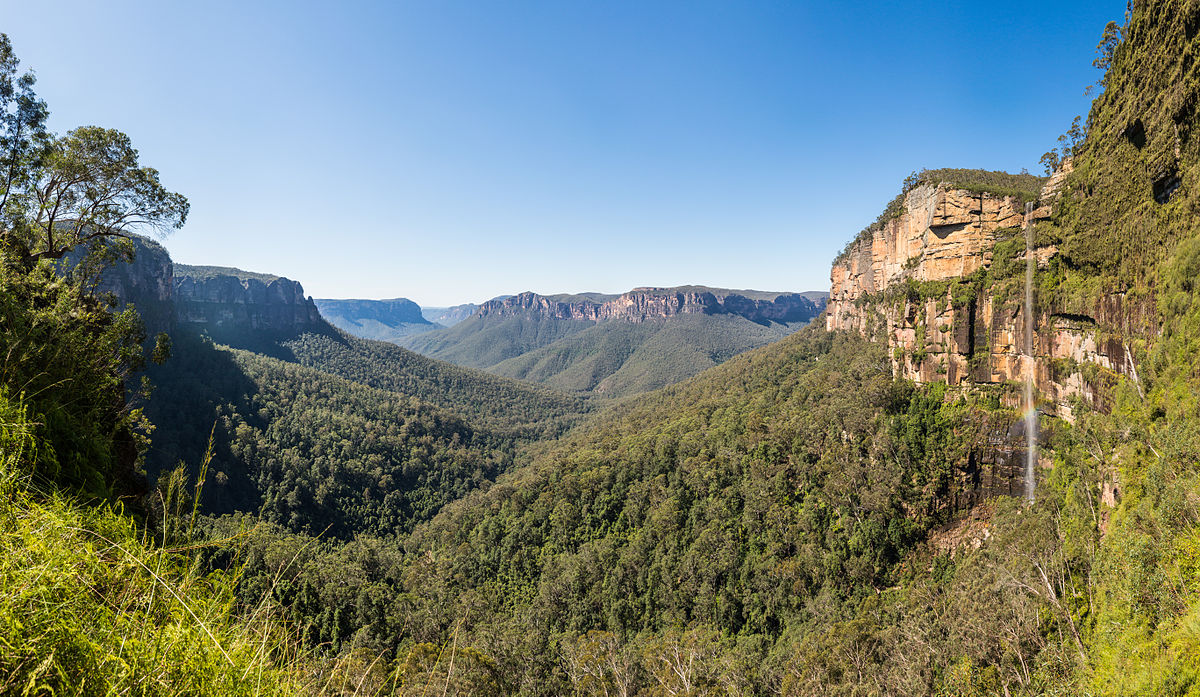In the vast expanse of Australia, where the beauty of its diverse landscapes converges with the growing urgency to safeguard its unique ecosystems, the clarion call for environmental protection resonates louder than ever. The State of Environment Report 2021 paints a stark picture of the challenges facing the continent, compelling the nation to reevaluate its commitment to preserving the delicate balance between progress and conservation. Against this backdrop, a global movement gains momentum—the recognition of the “rights of nature.” This transformative concept acknowledges the inherent rights of Earth’s natural elements, propelling the discourse on environmental ethics and legal frameworks.
However, within the Australian political landscape, the journey to integrate the “rights of nature” principle into legislation encounters obstacles. Federal, state, and territory parliaments exhibit hesitancy, prompting a contemplation of alternative paths to environmental stewardship. Amidst this uncertainty, a glimmer of hope emerges from the local sphere. The Blue Mountains City Council in New South Wales and the Shire of Augusta Margaret River in Western Australia stand as beacons of local leadership, pioneering the incorporation of rights of nature principles into their operations.
Legal Personhood and Protection Strategies
In the ever-evolving tapestry of global environmental discourse, legal minds and policymakers are navigating uncharted territories in search of innovative mechanisms to fortify and preserve ecosystems. A standout strategy gaining prominence is the concept of legal personhood, a paradigm shift that confers not just responsibilities but also inherent rights upon natural entities. This approach, albeit laden with complexities and associated risks, stands as a crucial line of defense against the looming specter of species extinctions and environmental degradation.
Legal personhood for ecosystems represents a departure from traditional legal frameworks that predominantly recognize human entities as bearers of rights and duties. Instead, it extends these considerations to encompass the natural world, endowing it with a distinct identity and a legal standing akin to that of a human being. The rationale is profound—the recognition that nature, in its myriad forms, deserves not only protection but also a platform to assert its interests in the face of human-driven threats.
While the concept of legal personhood introduces a transformative approach to environmental protection, it is not without its challenges. The legal intricacies of defining the rights and obligations of natural entities pose a formidable task, and the potential for unintended consequences underscores the need for careful deliberation. Yet, the global consensus is leaning towards acknowledging nature’s agency, granting it a voice in legal proceedings, and fostering a paradigm where the environment is an active participant rather than a passive entity subjected to human dominion.
The significance of legal personhood in global environmental strategies is underscored by its potential to reframe humanity’s relationship with the natural world. It is a rallying cry for a more inclusive and harmonious coexistence, where the legal arena becomes a battleground for the rights of ecosystems, an imperative shield against the encroaching threats of biodiversity loss and ecological imbalance. In the delicate dance between progress and preservation, legal personhood emerges as a potent instrument, offering nature not just protection but a newfound agency in shaping its own destiny within the intricate web of life.
Local Leadership in Australia: Blue
Despite the national hesitation, local leadership becomes a beacon of hope. The Blue Mountains City Council in NSW exemplifies this by receiving recognition for embedding rights of nature principles into its operations. The rights of nature principle is enshrined in the Blue Mountains Community Strategic Plan 2035, valuing the natural environment for its intrinsic role in sustaining life.
Shire of Augusta Margaret River
The Shire of Augusta Margaret River in WA also embraces local leadership, demonstrating commitment through the Overarching Sustainability Policy. This policy emphasizes due regard for Traditional Custodians and recognizes the “rights of nature to exist, thrive, and evolve.” It introduces the concept of “intrinsic value,” challenging Western perspectives and paving the way for ethical reflections on the value of other species and the broader environment.
Inherent Rights and Western Philosophical Shifts
The notion of intrinsic value, historically confined to humans in Western philosophy and law, undergoes a transformative shift. Recognizing the intrinsic value of other species becomes a pathway for ethical reflection, challenging conventional perspectives. The shift in thinking aligns with the “rights of nature” principle and opens avenues for transformative environmental perspectives.
Optimism from Local Examples
Local examples, such as the Blue Mountains City Council and the Shire of Augusta Margaret River, offer slow hope in the face of environmental challenges. These instances of local governance, rooted in community-led approaches and acknowledgment of First Nations leadership, embody a cultural shift towards caring for Country. This approach aligns with the CSIRO First Nations Australian Peoples’ research initiative, highlighting the cultural imperative of Country having inherent “rights” to be cared for, respected, and listened to.
Bridging Perspectives: Collaborative Cultural Sensitivity
As Western perspectives converge with First Nations’ intrinsic connections to Country, local communities can draw upon both lines of thinking. Best-practice local policy development, as exemplified by these councils, actively enables caring for Country, fostering collaboration that is culturally sensitive. While higher levels of government lag in adopting rights of nature into legislation, the optimism stemming from local leadership serves as a clarion call for state and federal governments to take heed and follow suit.

